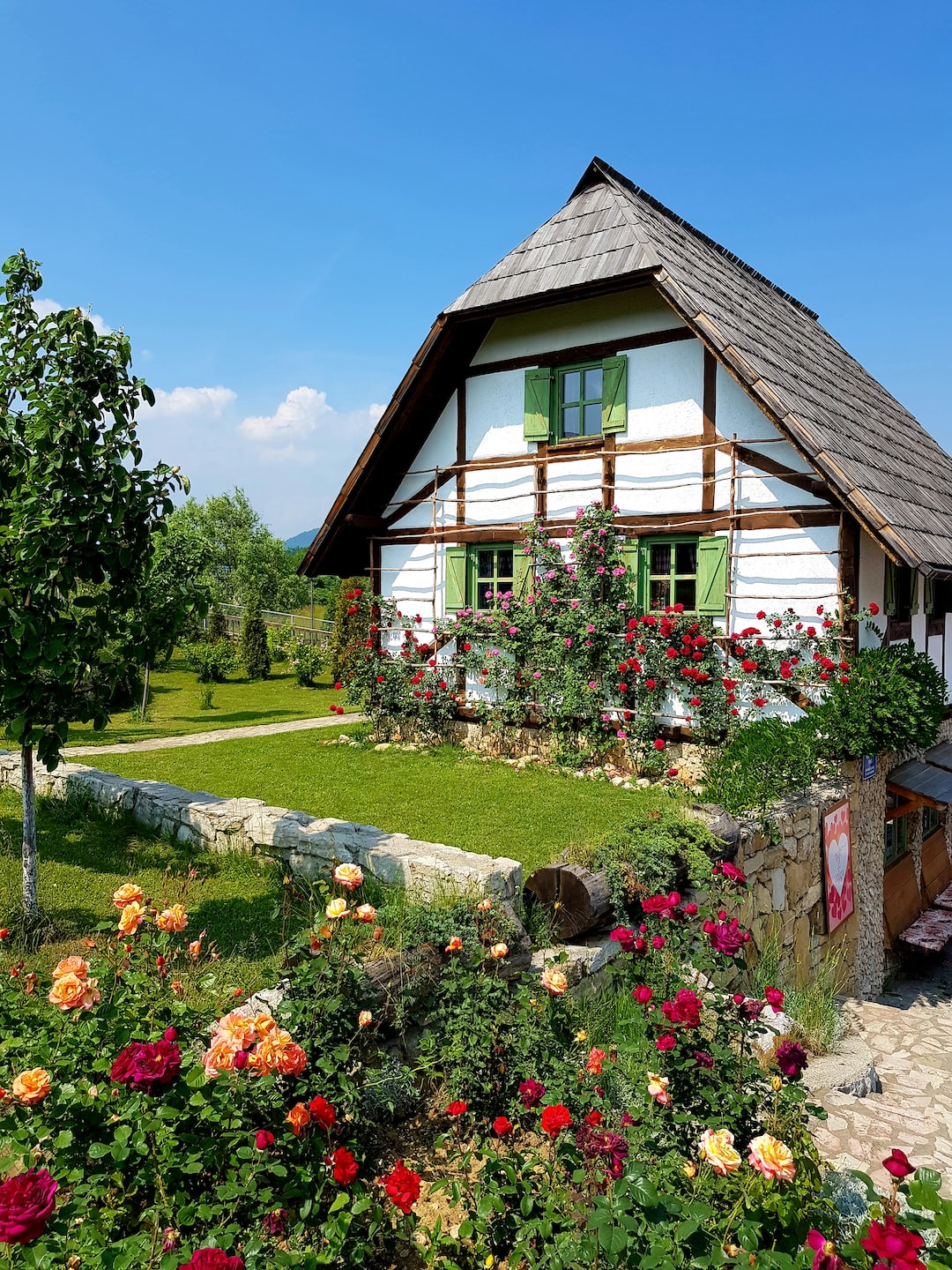Effective Solutions for Dealing with Common Garden Pests
Having a beautiful garden is a dream for many gardening enthusiasts. However, the presence of common garden pests can quickly turn this dream into a nightmare. These pests not only destroy plants and flowers but also disrupt the ecosystem of the garden. Fortunately, there are several effective solutions available that can help you deal with these unwanted visitors and protect your garden.
One of the most common garden pests is aphids. These tiny, soft-bodied insects can quickly multiply and cause immense damage to your plants. To get rid of aphids, you can try a homemade insecticidal soap. Mix a teaspoon of mild dish soap with a quart of water and spray it on the affected plants. The soap will suffocate the aphids without harming the plants. Another natural remedy is to introduce beneficial insects like ladybugs or lacewings, which feed on aphids and other pests.
Another pest that can wreak havoc on your garden is the snail. These slimy creatures love to feast on young, tender plants and can quickly destroy your hard work. To keep snails away, you can create a physical barrier by placing copper tape around the plants. Snails dislike the sensation of copper and will avoid crossing it. Alternatively, you can set up beer traps by burying shallow containers in the ground and filling them with beer. Snails are attracted to the smell and will fall into the traps, drowning in the beer.
Caterpillars are another common pest that can cause damage to various garden plants. The easiest way to deal with them is through manual removal. Wear gloves and inspect the plants regularly, picking off any caterpillars you come across. If the infestation is severe, you can try using Bacillus thuringiensis (BT), a natural bacterial insecticide that is harmless to other animals but deadly to caterpillars. Simply spray the BT on the affected plants, and the caterpillars will consume it when feeding, leading to their demise.
Fungal diseases can also pose a threat to the health of your garden. Powdery mildew is a common fungal disease that affects many plants, including roses and cucumbers. To treat powdery mildew, mix one part milk with nine parts water and spray it on the affected plants. The milk acts as a natural fungicide and helps suppress the spread of the disease. It is important to note that this treatment works best as a preventative measure, so make sure to apply it regularly before the fungus appears.
One pesky pest that can ruin your vegetable garden is the tomato hornworm. These large, green caterpillars can devour tomato plants in no time. To control them, you can introduce natural predators like parasitic wasps or lacewings. These beneficial insects will lay their eggs on the hornworms, and when the larvae hatch, they will feed on the caterpillars, ultimately eliminating them. You can also try companion planting by growing herbs like basil, which repels tomato hornworms. The strong scent of basil keeps these pests at bay.
Protecting your garden from pests is a continuous process, and prevention is key. Regularly inspecting your plants for signs of pests or disease can help you catch any problems early on. It is also crucial to practice good garden hygiene by removing dead leaves and plants, as they can be a breeding ground for pests and diseases. Additionally, maintaining healthy soil with proper fertilization and watering can help strengthen your plants’ natural defenses against pests.
In conclusion, dealing with common garden pests requires a multifaceted approach combining natural remedies, beneficial insects, and preventive measures. By implementing these solutions and staying vigilant, you can effectively protect your garden from pests and enjoy the beauty of a thriving, pest-free garden. Remember, it’s all about striking a balance in the ecosystem of your garden and embracing the wonders of nature.

